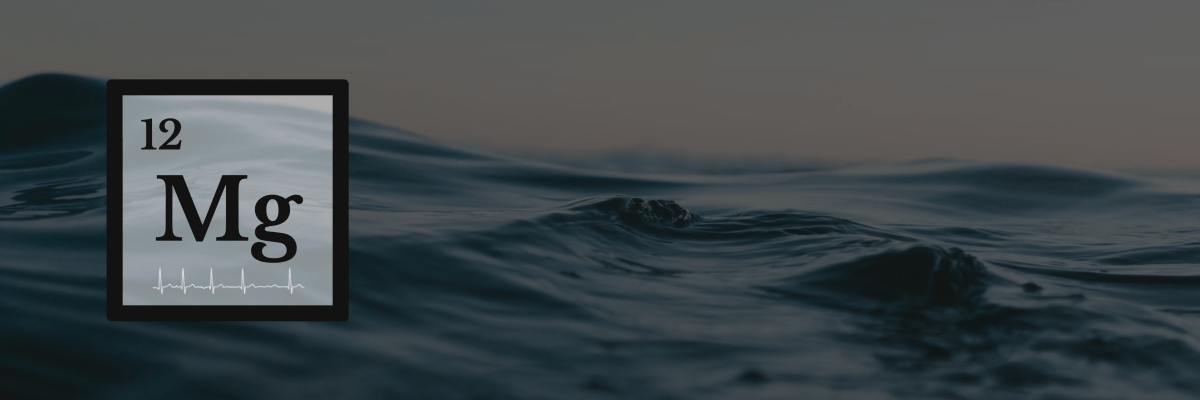Today’s pearl is a continuation of Pearl 42: Medication Pearls for Atrial Fibrillation Management in the ED and reviews the role of magnesium for the treatment of atrial fibrillation.
Does magnesium reduce HR? How much and how fast to administer?
A summary of the studies using magnesium for atrial fibrillation (AF) rate control can be found in a 2016 ALiEM post. The most recent trial to evaluate magnesium for this indication is the LOMAGHI Study published in 2019. Our very own Dr. Jenny Koehl summarized it nicely.
Key teaching point: Magnesium sulfate for rapid AF needs to be administered over 10-20 minutes (rather than 1-2 hours) to achieve an effect.
Bottom Line: Magnesium seems to be safe and moderately effective for reducing heart rate in rapid AF. Even in the studies where magnesium was less effective than an active comparator, it still demonstrated some reduction in HR. Therefore, it seems reasonable to consider administering magnesium 2-4 gm IV as an adjunctive therapy while you are choosing between a calcium channel blocker or beta blocker as the primary rate-control agent. In some cases, you may find magnesium is enough to achieve lenient HR goals (ie, < 110 bpm). Monitor HR and BP appropriately.
Of note, magnesium is not mentioned in the 2014 AHA/ACC/HRS Guideline for the Management of Patients with Atrial Fibrillation.
#43


Reblogged this on ACUTE GENERAL INTERNAL MEDICINE.
LikeLike
Bryan do you teach / promote the use of this to you physicians proactively ? Regardless, have you noticed your physician residents/attendings taking up this practice. I certainly don’t disagree with rapid administration being best, but is there evidence that pushes you toward it or do you extrapolate from asthma principles. My PGY2 is working on a retrospective analysis on this topic as his major project this year. Would love to chat more! – Lance Ray PharmD
LikeLike
Hi Lance, at both Maryland and now MGH, we use magnesium for this indication in the majority of patients. We updated our medication guide to allow for administration over 10-20 minutes, consistent with the studies.
LikeLike